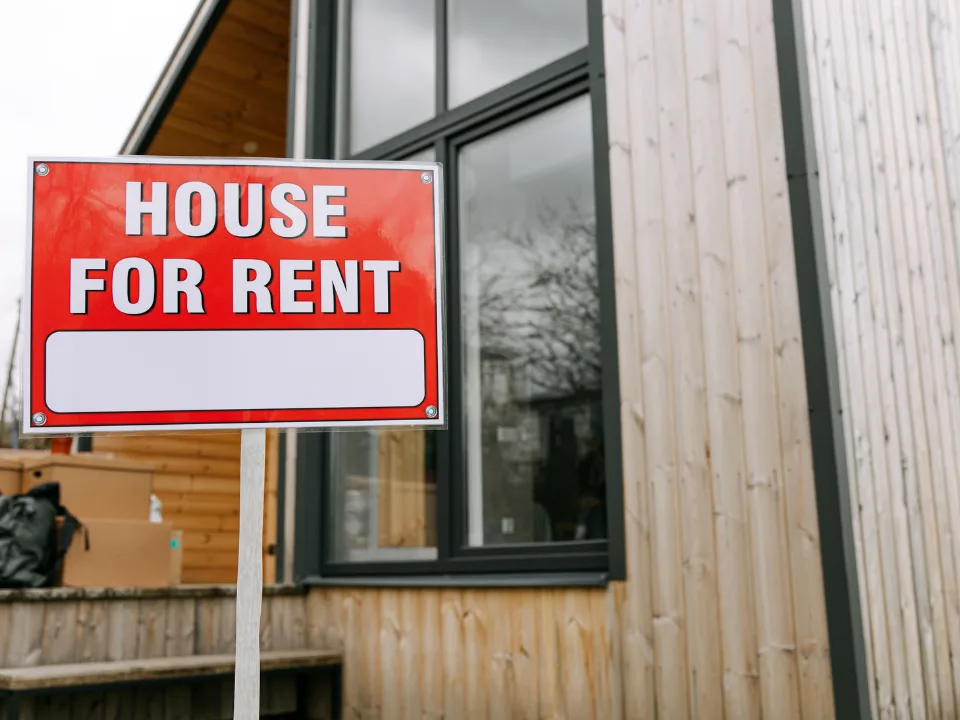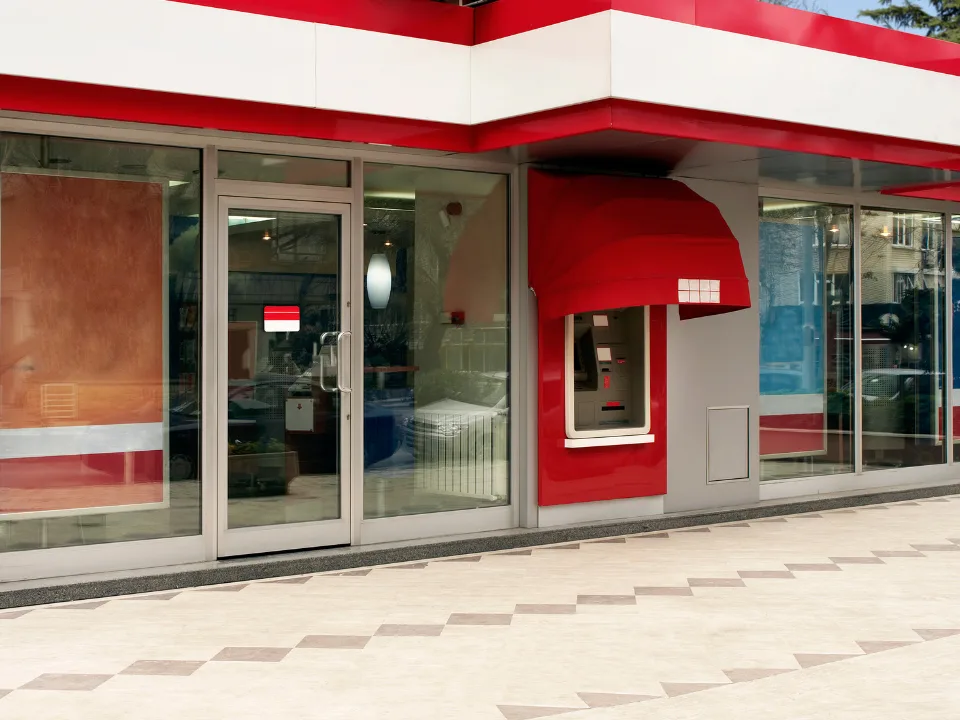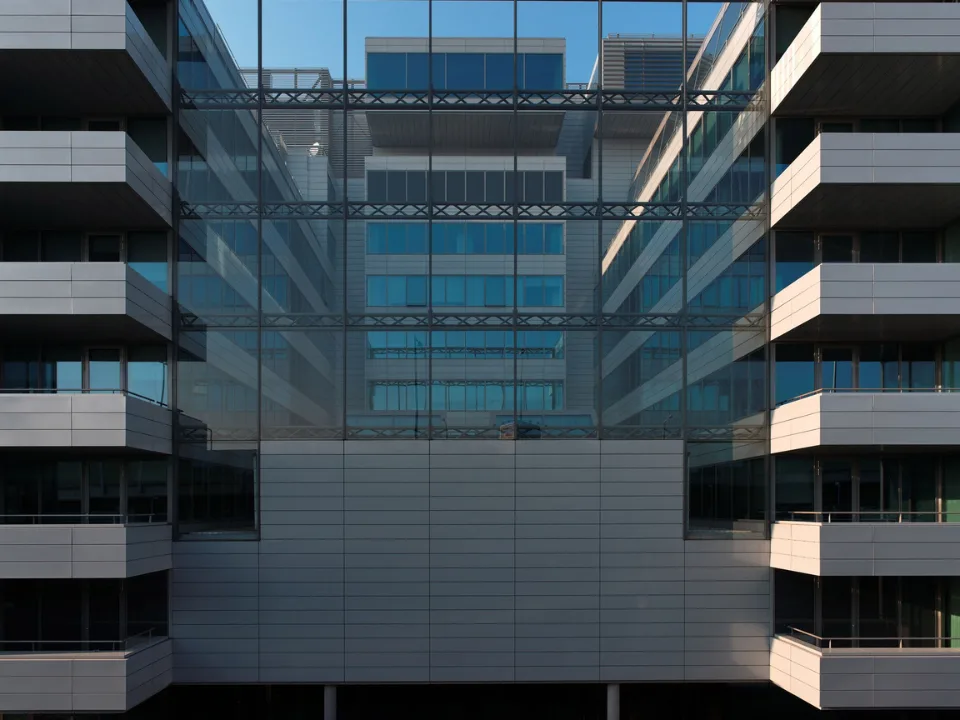Apartment Building Sales Plummet 74%, the Most in 14 Years
High interest rates, banking pains, and declining rent growth are coming to a head in the apartment building market…
Together with
Good morning. The rental apartment building market is witnessing an unprecedented drop in sales, comparable to the subprime-mortgage crisis of 2008. The cause of this decline can be attributed to three factors, namely higher interest rates, regional banking issues, and sluggish rental growth.
If you’re interested in investing in one of the most reliable asset classes available, be sure to take a look at today’s sponsor, First National Realty Partners (FNRP).
📬 Want to share the CRE Daily? Click here to forward this email.
THE PLUNGE
Apartment Building Sales Hit Rock Bottom with 74% Drop in Volume
Higher interest rates, regional banking chaos, and slow rent growth have slashed demand for rental apartment properties as sales fall at the fastest rate since the subprime mortgage crisis.
Behind the numbers: According to CoStar, investors bought $14B of apartment buildings in Q1 this year, a 74% YoY decline. This adds up to the largest annual sales decline we’ve seen since the 77% drop in Q1 2009. Not to mention that the only quarter with worse numbers since 2012 was Q2 2020 when the pandemic froze the market. This time around, systemic shocks have spooked the whole financial system, and many banks are curbing lending.
Shifting tides: The slowdown in building sales is a reversal from the record-setting transactions in late 2021 when the multifamily sector was a top performer in commercial real estate. However, the addition of 500,000 new units to the market and regional banking issues affecting the availability of multifamily loans have contributed to the current slowdown in building sales. As a result, investors and brokers do not expect a rise in sales until next year.
Tightening belts: The factors squeezing the apartment market have also made it harder to buy a home, as home prices dropped YoY in February for the first time in 11 years. Additionally, a measure from Green Street logged a sharp drop in the multifamily subsector, with buildings down 20% from their 2021 highs.
Lost time: The distress in the market could benefit tenants, but investors who purchased properties in 2021 with the goal of raising rents prior to sale are now struggling due to cooling rent growth. Annual rent growth is well below the pandemic high of 18%, and while rents have increased slightly this spring, it is not enough to reverse the downward trend.
➥ THE TAKEAWAY
Why it matters: Overall, the real estate market is experiencing a decrease in apartment building sales due to increased financing costs and rising interest rates, along with stalled or decreasing rent rates in major cities. The banking industry’s upheaval has made it more challenging to purchase buildings, with lending institutions offering high-rate loans or pulling back. Although apartment-building values are currently falling, many landlords are hesitant to sell because nobody wants to take an L when they don’t have to.
TOGETHER WITH FNRP
Discover the Stability of Necessity-Based Commercial Real Estate
In the midst of uncertain times, there’s one thing we know for sure: People Will Always Need Groceries.
As an investor, if you crave “stable diversification” and struggle to find deals outside your backyard, consider taking the proactive step of investing in necessity-based commercial real estate (CRE) offerings with First National Realty Partners.
Zooming out: Grocery-stores continue to be the consumers’ go-to for essential-needs items, generating foot traffic and revenue, for their locations as well as for surrounding businesses that occupy their centers. Now pair that with a stable mix of other convenience-centric tenants backed by long-term leases, and you have a recipe for necessity-based investment success.
First National Realty Partners, with a $1.5+ Billion dollar portfolio, generated an average 15%+ IRR in 2022 on their full-cycle deals. As a fully vertically integrated firm, they have a team of over 130 full-time real estate experts dedicated to sourcing, managing, and optimizing every investment, ensuring that they prioritize and execute their strategies effectively so investors like you can enjoy passive ownership in best-in-class assets that generate significant risk-adjusted returns.
With First National Realty Partners’ unparalleled track record and commitment to excellence, it’s a win-win partnership for investors seeking stable diversification in their real estate investments.
Browse, vet, and invest in e-commerce-resistant, necessity-based CRE assets with First National Realty Partners by creating an account today.
🌐 Around the Web
📖 Read this piece from Globest to gain insights into tax strategies for net lease properties and how to push back against exaggerated tax valuations.
🖥️ Watch Christian Ulbrich discuss how economic uncertainty and cyclical headwinds are overshadowing a positive growth trend in the CRE market this year.
🎧 Listen to Sam Byrne, managing partner and founder of CrossHarbor Capital Partners, discuss the process of helping the Yellowstone Club recover in 2009 on this episode of Capital Allocators.
📰 Daily Picks
-
You’ve been served: San Francisco landlord Clint Reilly Landmark Properties is suing Newmark (NMRK), alleging the firm has failed to pay rent for the last year and a half.
-
The lap of luxury: French luxury conglomerate LVMH has purchased a 5 KSF retail property in East Hampton for $22M, one of the highest per-square-foot prices paid for Long Island retail.
-
Bargain hunting: Blackstone Inc. (BX) agreed to buy UK-based Industrials REIT, taking advantage of subsectors experiencing distress to find good CRE deals.
-
Not so stable: According to NYC’s Rent Guidelines Board, the net operating income of the city’s rent-stabilized buildings dropped almost 14% from 2016–2021.
-
Slippery slope: The Cred iQ delinquency rate for CMBS increased for the second month in a row, climbing to 3.77% in March, 19 basis points higher than February’s 3.58%.
-
Cold feet: European banks are losing their confidence in CRE, potentially choking future funding if lenders ask for bigger margins in the region.
-
New priorities: Public pension and investment funds have turned their attention to publicly traded debt, due to some of the highest yields we’ve seen in the last decade.
-
Arkansas weathers the storm: Vacancy rates in Northwest Arkansas dropped to 5.6% in Jan. Meanwhile, $241M in building permits were issued in H2 2022, the highest level since 2005.
-
False start: The uptick in Manhattan office leasing seen at the start of the year was driven by five major deals, which is probably why it’s already slowing down.
-
Across the Equator: The Brazilian billionaires that own conglomerate Votorantim SA are eyeing US multifamily housing and commercial buildings.
-
Flexibility is priceless: Although the Fed’s rate hikes left real estate investors in the cold, many have already adapted. Popular pivots include preferred equity and mezzanine financing.
-
Gloom and doom: Morgan Stanley (MS) analysts see a major struggle ahead, claiming 50% of $2.9T in commercial mortgages need renegotiation in the next 2 years.
-
Eye on SFR/BFR: Russ Hardy of Berkadia discusses the nuances of the single-family rental/build-for-rent model when compared to typical multifamily investments.
-
Under the wire: Elat Properties has acquired a downtown LA office building for $41.9M, right before a new transfer tax would take effect, saving them $2.3M on the deal.
-
Lions and royalty: Black Lion has purchased a 13.5 KSF restaurant space at Brickell SLS Miami from a family of Qatari royals for $10M.
📈 Chart of the Day
Almost 200K jobs were added to the NY private sector in 2022. That figure adds up to 96% of the jobs lost during the pandemic, with hotels and retail largely driving the growth.
What did you think of today’s newsletter? |






















